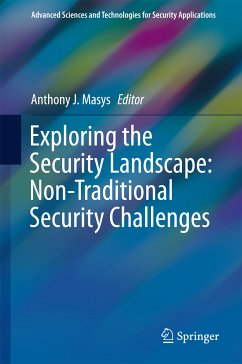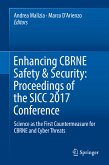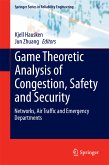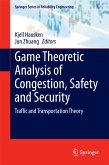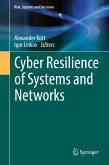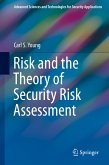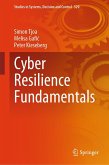Relevant theoretical frameworks are presented and readers are expertly guided through complex threats, from matters pertaining to health security which pose threats not only to humans but also have significant national security implications, to issues regarding critical infrastructure vulnerability and the complexity of understanding terrorist operations. Authors reveal how emerging uncertainties regarding global critical infrastructure and supply chain security, food security, and health security are linked to the notion of human security.
Security professionals, policy makers and academics will all gain from the insights, strategies and perspectives in this book. It builds understanding of the deepening and broadening domain of security studies and provides a valuable reference text for courses on security studies and international relations.
Dieser Download kann aus rechtlichen Gründen nur mit Rechnungsadresse in A, B, BG, CY, CZ, D, DK, EW, E, FIN, F, GR, HR, H, IRL, I, LT, L, LR, M, NL, PL, P, R, S, SLO, SK ausgeliefert werden.

